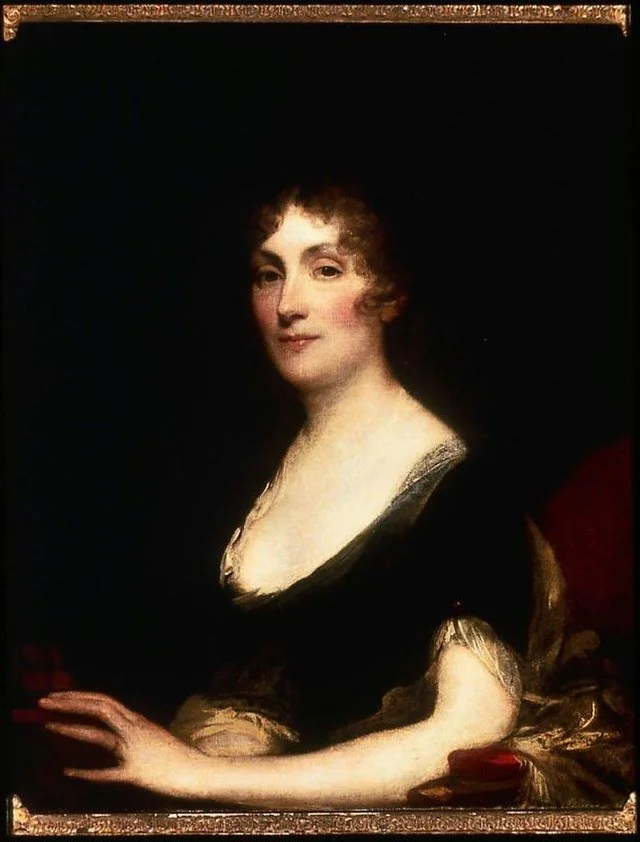Sarah Wentworth Apthorp Morton
Also found under Poetry
Who Was She?
Sarah Wentworth Apthorp Morton was born in 1759 in Massachusetts. She was a strong supporter of the Patriots in the American Revolution, despite many members of her family being Loyalists. In 1788 and 1789, Morton published her first known poems, including "Invocation to Hope" and "Ode to the President." By the mid-1790s, Morton was a frequent contributing poet to both the Massachusetts Magazine and the Boston Columbian Centinel, writing under the pseudonyms “Constantia” and “Philenia.” While she often wrote in neoclassic-style couplets, she was also one of the earliest pioneers of the sonnet in America. Her poems were reprinted in a number of publications, including New York Magazine, the Gazette of the United States, the Federal Orrery in Boston, and Farmer’s Weekly Museum. In 1793, nine of her poems were included in the first known anthology of American poetry: American Poems, Selected & Original. No other women were published in the anthology. Morton released her first long poem, "Quabi; or, The Virtues of Nature," in 1790. Inspired by the story “Azakia, A Canadian Story," the poem was praised by critics and was the basis for one of the first orchestral pieces of music in America and a play by James Bacon.
What Did She Write About?
Heroes of the American Revolution & patriotic themes; Personal musings/contemplative poetry and reflections on grief and loss of family members; Interracial love stories dealing with the 'noble savage' archetype

